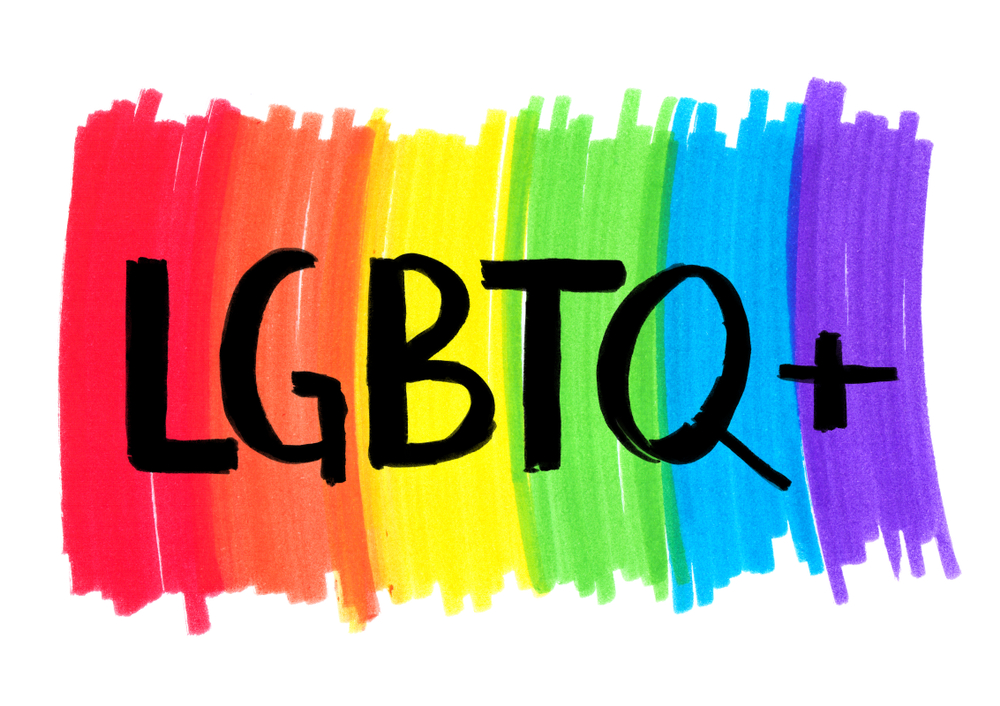Years ago, Mike McGinn, a gay man living in Chicago’s Boys Town neighborhood, had little hope.
“On my thirtieth birthday,” McGinn said, “I decided to go and get tested, and it came back positive, and the doctor said, well, there is no treatment, no medication, so go home and get your affairs in order – I’m not sure what that meant – and then prepare to die.”
The drug AZT came out the next year, and McGinn is now director of HIV prevention at the Illinois Public Health Association. And, all these years later, health care is still accessilbe only for some.
“Some numbers are going down, but in the African-American female population, they are going up,” McGinn said. Why? “Education, Number One. Probably health disparities. whether it’s in a (health care) desert (where) you have to travel miles to get any kind of care; and lack of information, dissemination.”
McGinn and Dr. Careyana Brenham appeared at a rural health summit at the Southern Illinois University School of Medicine in Springfield.
“Often, individuals in the LGBTQ community are fearful of seeking care because of not being understood for who they are, having had poor health care intercations in the past, maybe not having insurance coverage,” said Brenham, a family medicine physician and professor.



